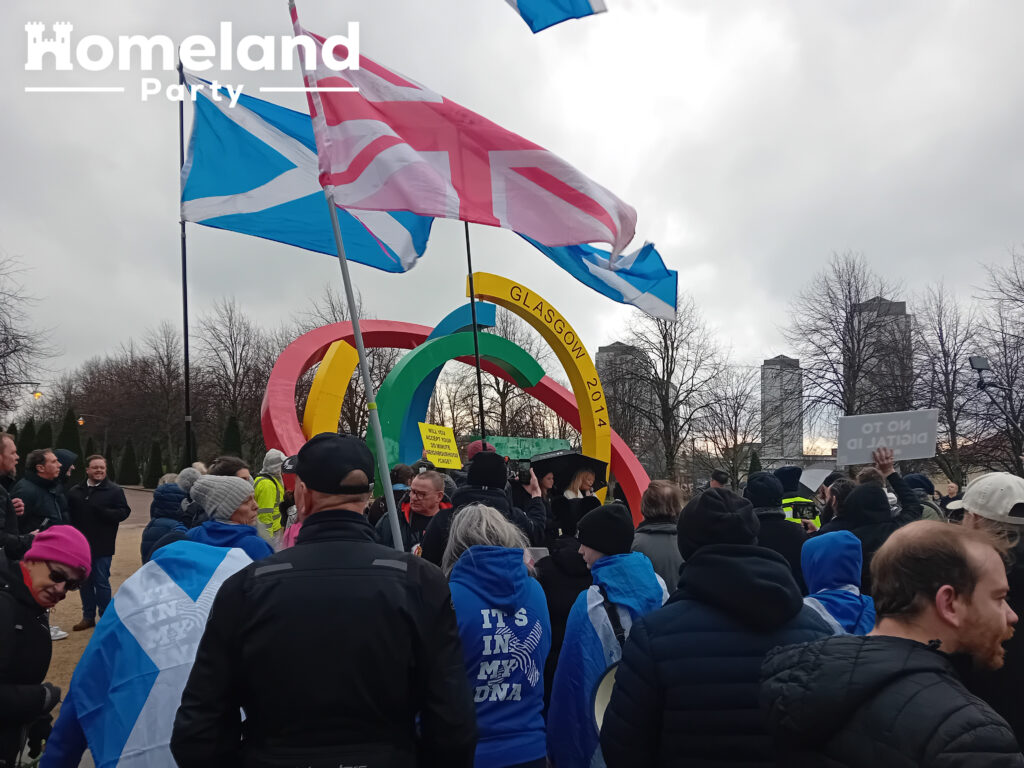Context of the Controversy
At the Munich Security Conference, U.S. Vice President JD Vance ignited controversy by claiming that the Scottish government had warned residents within designated buffer zones that even private prayer within their homes could be deemed a legal violation. Scottish officials, including First Minister John Swinney, swiftly denied this, stating, “JD Vance is just wrong… no such point was put across to residents whatsoever about private prayer.”
Provisions of the Safe Access Zones Act
Enacted in September 2024, the Abortion Services (Safe Access Zones) (Scotland) Act establishes a 200-meter exclusion zone around abortion service providers, aiming to prevent harassment and intimidation. However, the Act’s wording extends to private premises if actions are “seen or heard within the zone and are done intentionally or recklessly.”
This broad phrasing raises critical concerns. While silent prayer inside one’s home is not explicitly outlawed, visible or audible expressions—such as displaying signs or vocal protests in a private garden—could be penalised if deemed ‘intentional or reckless’. The potential for selective enforcement cannot be ignored.
Interpretation and Implications
Critics argue that the Act’s ambiguous language allows for arbitrary application, potentially encroaching on fundamental freedoms. Free speech protections hinge on what is said and where, how, and by whom enforcement is wielded.
The key issue here is precedent: if laws can be interpreted to punish religious expression or peaceful dissent within private property, what other liberties could face future restrictions?
The Homeland Party’s Perspective
From the Homeland Party’s standpoint, this legislation is part of a troubling trend in Western democracies—measures introduced under the banner of public welfare increasingly serve to silence dissenting voices, particularly those at odds with progressive orthodoxy.
The stated objective of preventing harassment is understandable, but who defines ‘harassment’? If expressing a traditional view on abortion, even in a personal space, can be penalised under the Act’s subjective criteria, then the law ceases to be about public order and becomes a tool for ideological control.
This is not just about abortion—it’s about how laws can be shaped to target certain beliefs while granting latitude to others. If progressive causes receive legal insulation while conservative, religious, or nationalist viewpoints are penalised, then what remains of a fair, pluralistic society?
The Homeland Party firmly believes that free expression—including religious expression—should not be subject to political whims. This Act sets a dangerous precedent for restricting speech in private spaces, which could lead to further encroachments on personal liberty.
Broader Societal Concerns
This issue extends beyond the Safe Access Zones Act. Across the Western world, speech regulations increasingly apply unevenly, with progressive activism enjoying de facto protections while traditional, religious, and conservative viewpoints are marginalised.
A free society does not require uniformity of opinion but a consistent and fair application of the law. The danger lies in the ideological weaponisation of legislation, where governments selectively determine which speech is “acceptable” and which is “harmful.”
Scotland’s Act is a microcosm of a more significant battle over civil liberties. Today, it’s buffer zones around clinics. Tomorrow, could there be restrictions on other forms of protest? Or limitations on faith-based gatherings?
Conclusion
Vice President Vance’s comments have sparked a crucial debate—not just about Scotland’s Safe Access Zones Act but also about the balance between ensuring safe access to services and upholding fundamental freedoms of speech and belief.
The Homeland Party urges policymakers and the public to reassess how laws are framed and enforced, ensuring that civil liberties are not gradually eroded under the guise of protection. The principle of free speech must remain sacrosanct—especially when it is politically inconvenient.


